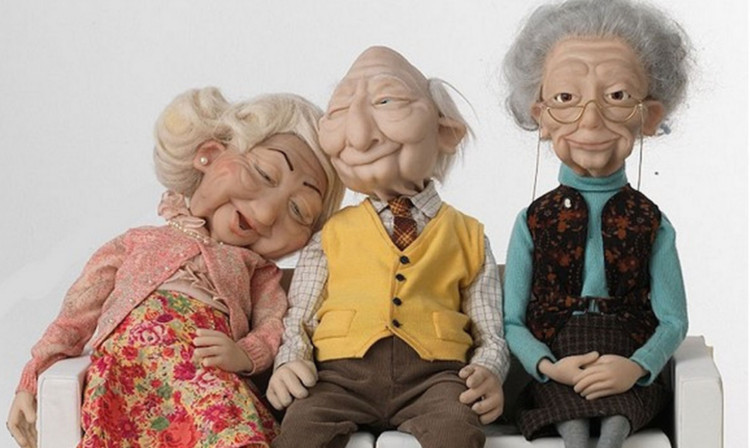
Too many institutions, our government included, are benefiting from misery.
Profits at moneylender Wonga.com are up 35% this year that’s £1.2million a week in profit.
Aren’t we pulling out of recession? Hasn’t Wonga been publicly hammered over sky-high interest rates? Why are folk still flocking to their door?
Of course Wonga are canny self-publicists. Film sponsorship lets them punt expensive loans via harmless-looking Wonga puppets old Betty, Earl and Joyce and “members” are eligible for offers to win football tickets, shirts and shopping vouchers.
It’s like a cosy wee club. What they don’t advertise is Wonga’s annual interest rate (5,853%), the cost of a fortnight’s £400 loan (£473) or the net profit on each loan (£15). All perfectly legal.
But Wonga’s TV campaign is nothing compared to the actions of its most successful recruiting sergeant the UK Government and their catastrophic welfare “reforms”.
A United Nations inspector is here to decide if the bedroom tax violates the UN Declaration of Human Rights.
Raquel Rolnik says cuts of 14-25% in the income of poor families and the disabled could breach their right to housing, food, health and education.
MSP Christina McKelvie found that even terminally-ill people with Motor Neurone Disease are expected to “find a lodger or more hours of work” to offset the bedroom tax.
And the National Audit Office described plans to merge all benefits into a Universal Credit as badly managed, “overambitious” and poor value for money with a whopping £34 million wasted so far on IT systems that don’t work.
The Universal Credit launch has been postponed but the whole ill-thought through scheme is still going ahead next month.
Could that be why food banks have reported a drop in the number of folk referred by Job Centres? Organisations such as the Trussell Trust fear the figures are being cut to suggest all is finally getting better in Breadline Britain.
And we thought Margaret Thatcher was bad!
But surely things will improve once we are out of recession and GDP starts to rise again?
Dinnae hold your breath. GDP is a crazy measure of prosperity.
As Green MSP Patrick Harvie puts it: “GDP can go up when cars crash, when families break down, even when crime levels rise. GDP includes the success of the global arms trade and counts the profits made from junk food and fad diets, but ignores the economic, health and environmental benefits of the plot-holder growing her own spuds.”
This phoney concept of growth and success is central to the misery facing Britain’s poor.
They say “Give a man a fish and you feed him for one day. Teach a man to fish and you feed him forever.” Of course in Scotland rivers are the property of lairds. But that could be changed to tackle food poverty at source.
Last week, farmers, crofters and community activists gathered at a Nourish Scotland conference in Edinburgh. They want ‘food towns’ with the budget and powers to change the food system so people in poverty grow their own food.
The most deprived estates are often surrounded by derelict land developers don’t want and councils don’t have cash to clear. Yet in Dundee “guerrilla gardeners” have been forcibly removed from derelict council land because of “health and safety” worries. This is daft. Oxfam is calling for deprived communities to own land pronto. None of this helps Wonga customers fast. But surely it’s time for real solutions not just Wonga’s quick fix?

Enjoy the convenience of having The Sunday Post delivered as a digital ePaper straight to your smartphone, tablet or computer.
Subscribe for only £5.49 a month and enjoy all the benefits of the printed paper as a digital replica.
Subscribe